A central component of the Computational and Applied Data Sciences Initiative is promoting the lab model, which provides more hands-on research and opportunities on campus between faculty and students. Below are just a few of the Labs that students might get involved in on campus.

SurveyLab at Wesleyan aims to engage students in the design, collection and analysis of public opinion data through surveys and survey experiments to answer a host of important questions critical to democracy, public policy, and citizen attitudes, perceptions and behaviors.
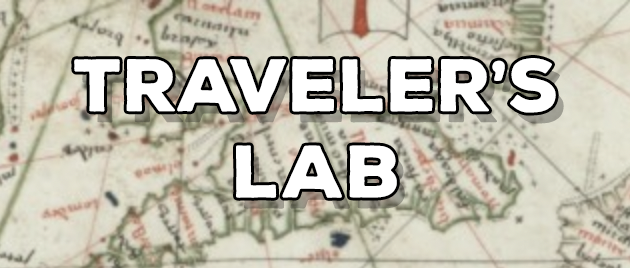
The Three Kings from Gabriel Vallseca's 1439 MapTraveler’s Lab is a multi-campus international research hub housed at Wesleyan University. It is a network of scholars and students designed as a point of collaboration for those curious about the movement of information (news, messages, knowledge) and the people and networks that carried them around the world before the advent of industrial travel.
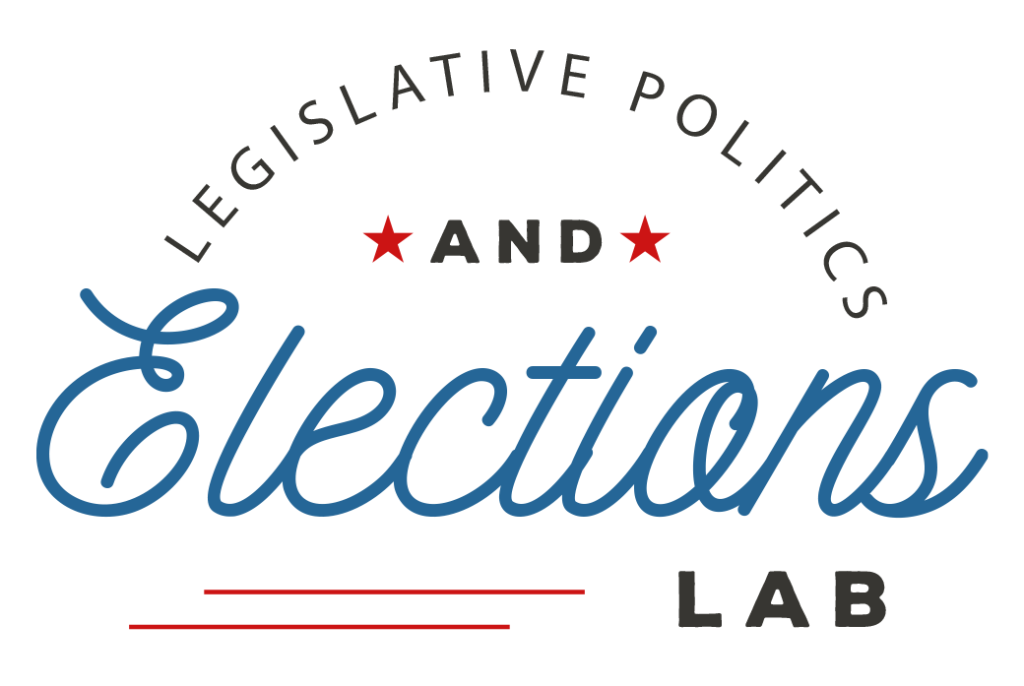
The Legislative Politics and Elections Lab at Wesleyan is a research group focused on congressional and state legislative politics. Working with Associate Professor of Government Logan Dancey, students in the lab engage in individual and collaborative research on topics related to legislative politics and elections.

DELTA Lab is a computation-driven testing ground to carry out new and innovative analyses of political advertising and media with student learning as a central focus.
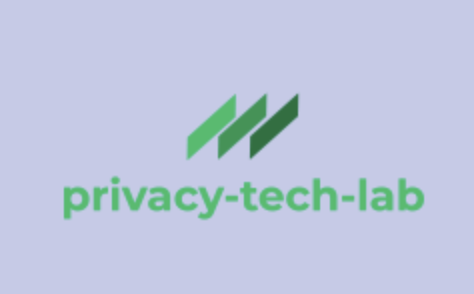
Privacy tech for the web and mobile app ecosystems to help people exercise their privacy rights.
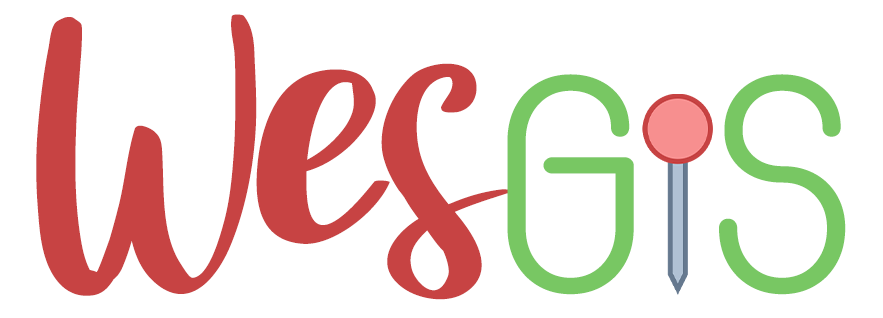
The WesGIS website is a resource for Wesleyan faculty, staff, and students. Use the resources on this blog to enrich your teaching and research with geospatial visualization and analysis and to find information about GIS news, resources, and on-campus workshops.
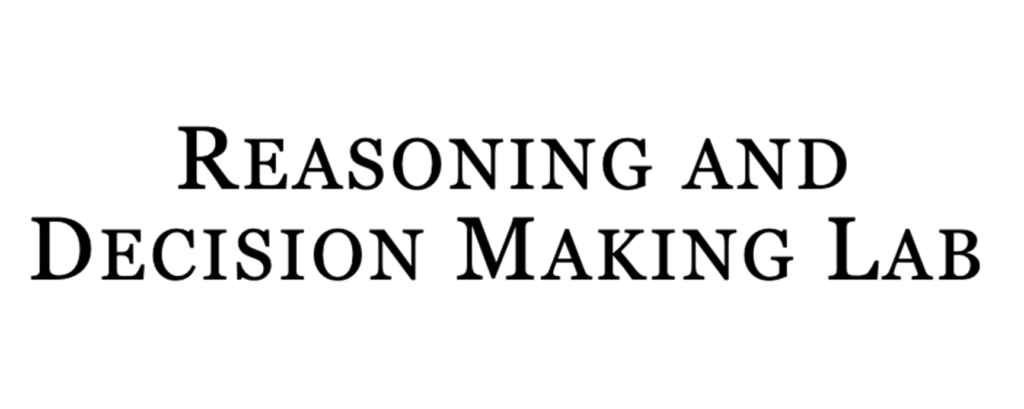
In this cognitive science lab housed in the Psychology Department, we use empirical and mathematical modeling methods to inform our understanding of the cognitive and neural processes critical to human reasoning and decision making.

We study rock deformation with an emphasis on the geometry and mechanics of fault zones applied to earthquakes and the long-term evolution of planetary surfaces. We study active and ancient faults combining observations from field mapping, 3D imaging, experiments and geodesy with numerical models.

Middletown, CT